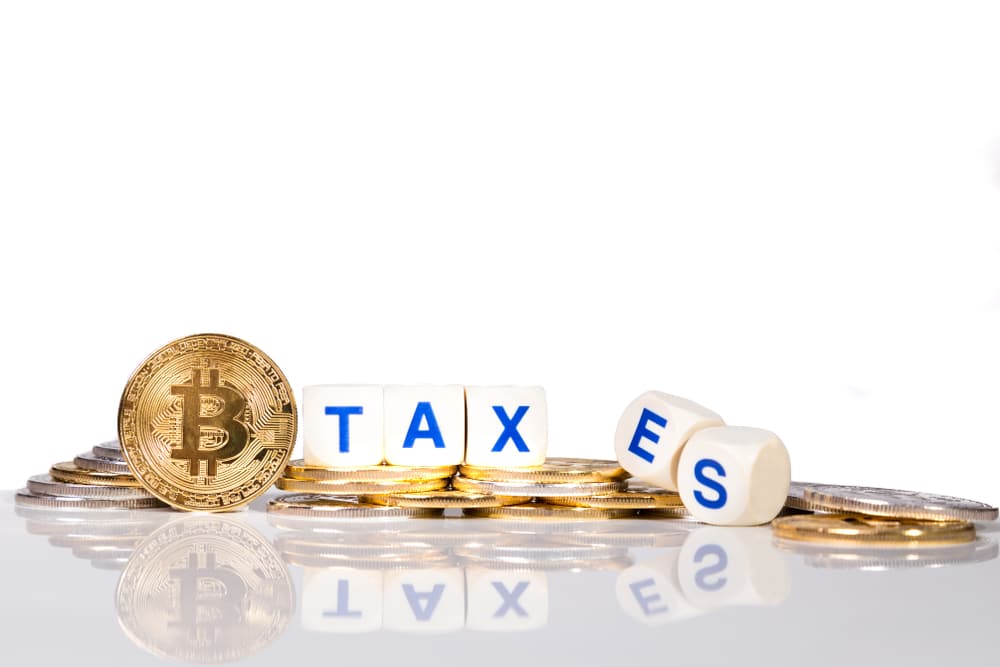In most countries, when you invest in crypto and realize profits, they will be subject to taxes. In this guide, we will take you through the crypto taxation landscape in the United Kingdom (UK). Here is everything you need to know.
History of Taxes in the UK
Over the years, the United Kingdom has introduced several types of taxes. The first tax to be levied was the income tax in 1799. At the time, the government collected the tax to cover the significant costs associated with the Napoleonic War.
As the war escalated, the UK administration increased the percentage of the income tax collected from residents. The tax has been rising since then and is charged depending on one’s salary.
It is important to mention that UK residents enjoy several tax relief options, which reduce the burden of taxation. For example, if you are married and earn less than £12,500 monthly, you will receive a marriage allowance of £1,200.
How UK Classifies Cryptocurrencies
Crypto trading started in 2010. Eight years later, the UK government introduced taxes on digital currencies. Her Majesty’s Revenue and Customs (HMRC) released guidelines on crypto taxation in December 2018. Since then, a few updates have been made. Here’s the current state of crypto taxation in the UK:
The UK administration refers to digital currencies as crypto assets as it does not consider them legal tender. It divides these assets into three groups: security, exchange, and utility, with each group being taxed differently.
Nonetheless, many regard all the crypto assets or cryptocurrencies, including Bitcoin, Tether, Ethereum, and Litecoin, among others, as exchange tokens since they utilize blockchain technology to facilitate payments.
United Kingdom’s Tax Treatment of Crypto Assets
We now know how the UK classifies cryptocurrencies. Let’s find out how the authorities tax them. All investors holding crypto assets must pay Capital Gains Tax. This tax is payable regardless of how you obtained the crypto assets, whether via an airdrop, from your employer, or mining.
Capital Gains Tax usually ranges between 10% and 20%. However, the Principal of Hillier Hopkins of Chartered Accountants has warned that the tax percentage may increase over the coming months if Bitcoin continues to surge in value.
So, does the UK government impose taxes on businesses making money from crypto trading? Yes! All companies generating revenue from trading crypto assets are required to pay income tax, which typically ranges from 10% to 45%.
Taxes on Crypto Mining
Parties involved in verifying transactions on various blockchains are called miners. In exchange for their contribution, they receive mining rewards. In January 2024, miners received rewards worth more than $1 billion. All UK-based miners pay a portion of their rewards as Capital Gains Tax.
Moreover, Bitcoin miners in the United Kingdom are subject to income tax, which is charged based on their degree of activity, commerciality, and risk.
Taxes on Airdrops
Airdrops, the free distribution of digital tokens into users’ crypto wallets, have become common. Most crypto projects use airdrops to reward early users.
In the United Kingdom, if you sell your airdropped crypto assets, you will have to pay a Capital Gains Tax.
UK’s Crypto Taxes Compared to the EU
Every EU member country applies its own crypto taxes. Some, like Slovenia, have yet to start imposing such taxes. Meanwhile, in Romania, crypto earnings are charged a 10% tax, while in Malta, day traders and crypto exchanges are charged a 35% income tax.
Is Declaring Your Crypto Assets a Requirement in the UK?
If your crypto holding is subject to Capital Gains Tax, then you have to declare it to HMRC.
Do You Need to Hire an Accountant?
By now, you already know whether your crypto assets are subject to crypto taxes or not. However, if you need more clarity on the taxation process in the United Kingdom, it is recommended that you seek the services of a professional accountant.
Conclusion
Paying your crypto taxes allows you to participate in the digital asset ecosystem in a regulatory-compliant manner. Before investing in any token, make sure you understand all the crypto taxes involved.
At Tokenhell, we help over 5,000 crypto companies amplify their content reach—and you can join them! For inquiries, reach out to us at info@tokenhell.com. Please remember, cryptocurrencies are highly volatile assets. Always conduct thorough research before making any investment decisions. Some content on this website, including posts under Crypto Cable, Sponsored Articles, and Press Releases, is provided by guest contributors or paid sponsors. The views expressed in these posts do not necessarily represent the opinions of Tokenhell. We are not responsible for the accuracy, quality, or reliability of any third-party content, advertisements, products, or banners featured on this site. For more details, please review our full terms and conditions / disclaimer.



